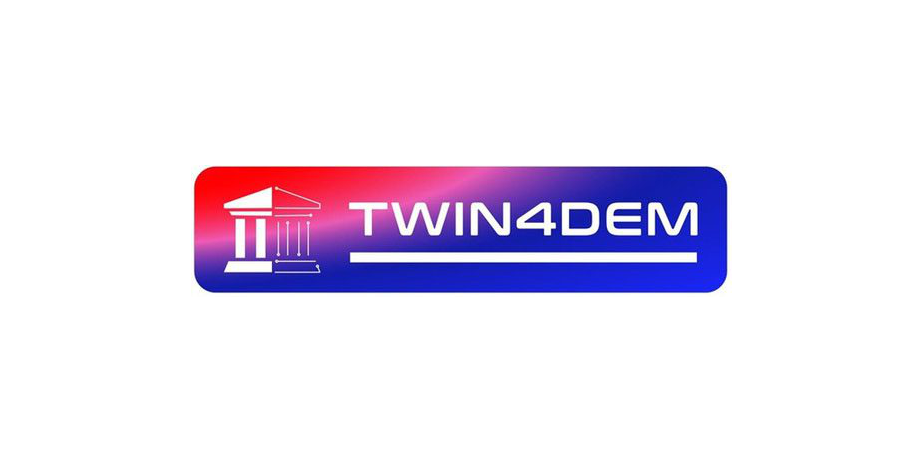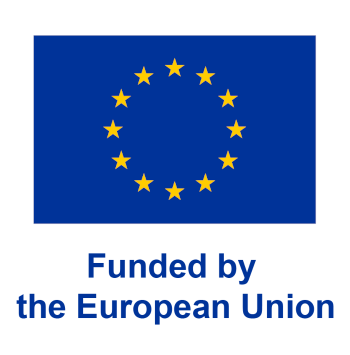Article rédigé par
Anna Proskurina
Communication officer

En combinant l’expertise de divers domaines – sciences sociales, sciences humaines et méthodes informatiques avancées – TWIN4DEM vise à découvrir les causes du recul démocratique et à fournir des solutions concrètes aux décideurs politiques, à la société civile et aux fournisseurs de technologies.
TWIN4DEM rassemble des chercheurs, des acteurs de la société civile et des technologues pour relever l'un des défis les plus urgents de notre époque: le recul démocratique. Grâce à une coopération interdisciplinaire, le projet vise à :
Vous pouvez en savoir plus sur le projet ici .
Jumeaux numériques
TWIN4DEM est le pionnier de l'utilisation de jumeaux numériques (des simulations dynamiques basées sur les données) pour modéliser les systèmes démocratiques dans quatre pays : la Tchéquie, la France, la Hongrie et les Pays-Bas. Ces outils permettent aux chercheurs et aux praticiens de:
Sciences sociales computationnelles (CSS)
En intégrant l'analyse avancée des données à la science politique, le projet exploite les sciences sociales computationnelles pour :
Résilience démocratique
Au cœur de TWIN4DEM se trouve un engagement à renforcer la résilience démocratique, en veillant à ce que les systèmes démocratiques puissent non seulement perdurer, mais aussi prospérer :
Appel : HORIZON-CL2-2024-DEMOCRATIE-01
N° AG: 101178061

Financé par l'Union européenne. Les points de vue et opinions exprimés sont toutefois ceux du ou des auteurs uniquement et ne reflètent pas nécessairement ceux de l’Union européenne. Ni l'Union européenne ni l'autorité concédante ne peuvent en être tenues responsables.